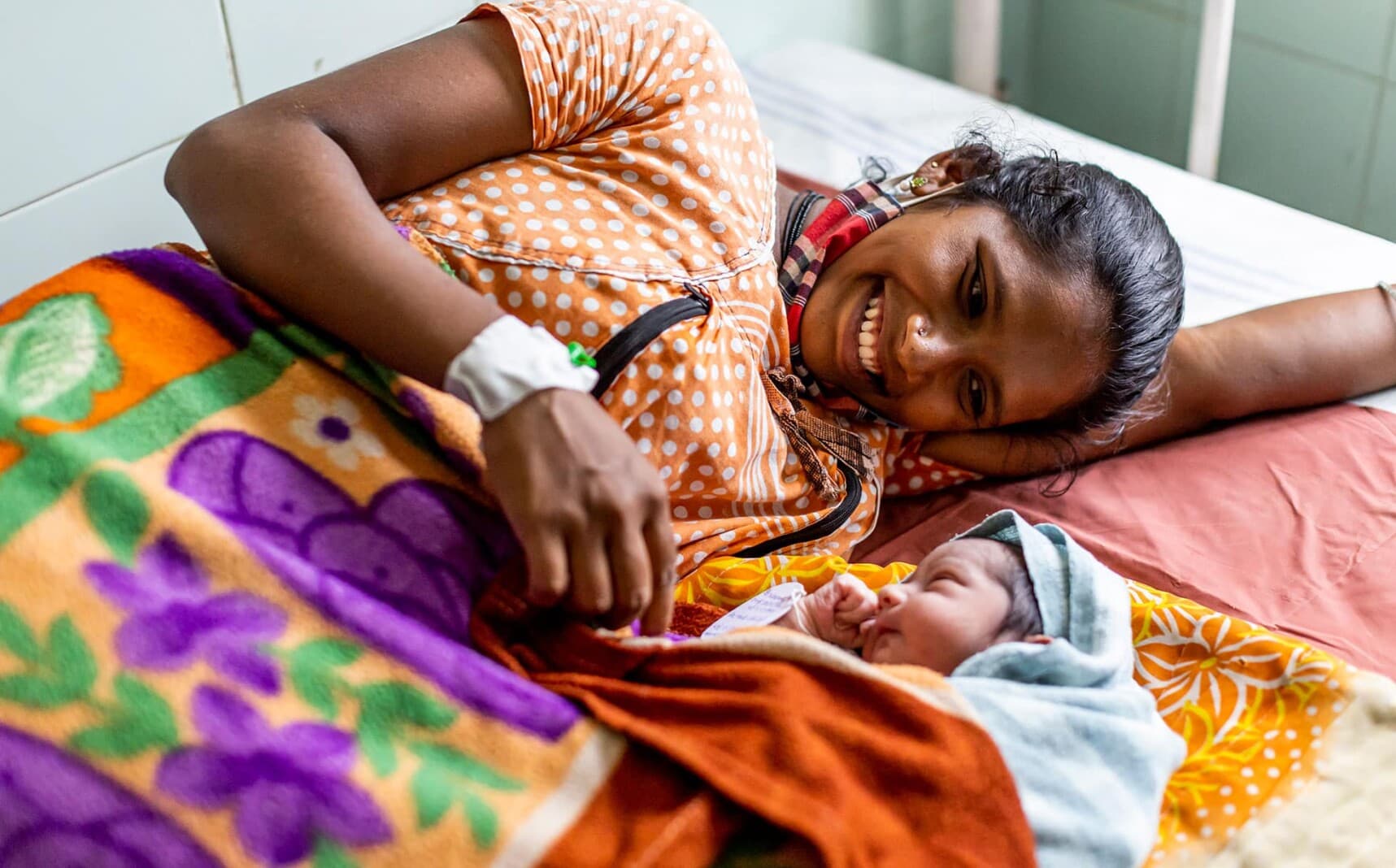On April 7 World Health Day brings forward healthy living behavior and facts about the availability of healthcare for all. ‘My health, My right’ is the theme of the year 2024 calling for quality health care, education, and NCD prevention. The Indian healthcare system faces numerous challenges and Dangerous Health Concerns in India, ranging from country-specific issues to global-scale problems. With its diverse population groups and widespread socioeconomic inequalities, the nation requires multifaceted solutions to address its healthcare needs effectively.
World Health Day determines April 7 as an occasion to draw people’s attention to urgent health problems, promote a healthful way of life, and advocate for full-fledged access to first-rate health services worldwide. The year 2024 Earth’s Day health campaign theme is My Health, my right. According to WHO, this year’s topic reflects the right of everyone and people everywhere to have equal access to health care services, quality education, information that they are comfortable with clean water and vegetation, nutritious foods, direction, and sufficient living conditions, freedom from discrimination and decent working environments from harm and living free from discriminators.

Health problems in India cover a wide range of issues due to internal variety in communities, high socio-economic inequality, and a complicated healthcare system. Health problems pose several challenges, but those that threaten the lives and health of the population most persistently are the widespread diseases, that contribute a lot to public health and leave consequences lasting a long time. Here are the top seven most dangerous health concerns in India:
Here are the top seven most dangerous health concerns in India:
Non-Communicable Diseases (NCDs)
Non-fatal, diseases like cardiovascular, diabetes, cancer, and chronic respiratory diseases are the leading causes of decreased quality of life and premature death in India. These diseases are usually associated with unsatisfactory ways of life that include wrong eating habits, lack of physical exercise, tobacco use, and excessive drinking to name a few. The NCD situation in India is at an alarming proportion and a heavy toll on healthcare infrastructure leads the fight against NCDs to the frontline. It is high time that the right “preventive measures, early detection, and effective management strategies” are taken to address the NCDs battle.
Infectious Diseases
In regards to the matter of infectious diseases, although the country has made major strides in disease control and prevention, there is still a lot to be done to become successful in this area. Tuberculosis, malaria, dengue fever as well as HIV/AIDs, and hepatitis are still some of the major threats to public well-being. Due to factors such as inadequate sanitation, weak healthcare facilities, and limited preventive services, infectious diseases remain prevalent in India. Addressing this requires comprehensive community health interventions and specific initiatives to reduce transmission and improve treatment outcomes.
Maternal and Child Health

Undernutrition of children is still a major problem for women and children’s health in India, as over 40% of children under five years of age are underweight. And, child-maternal health services have been up-leveled; however, there is an inequality in having access to quality service, particularly in far-flung areas. Problems which include inadequate fetal care, scarcity of qualified nurses, and poor nutrition among others are the primary causes of maternal and children diseases. To address these problems, we need to adopt a comprehensive approach that focuses on improving access to healthcare, enhancing nutrition for infants and children, and ensuring high-quality care for pregnant and nursing mothers.
Malnutrition and Nutrition Imbalance
Even though malnutrition is widespread in India, affecting millions of kids and adults throughout the country as a whole, it continues to be one of the major ongoing issues. Undernutrition and overnutrition, which can put countries in dire morbidity and mortality related to this issue, are both the causes and effects of malnutrition, with dire health and development implications. By failing to meet requirements on protein, energy, minerals and vitamins in children, stunting, wasting and micronutrient deficiencies occur, which accounts for the physical, and cognitive growth impediments and the increase in the risk of morbidity and mortality. On the other hand, not limited to obesity, but also non-infectious diseases of nutrition, are going up as quickly. Fighting against malnutrition shall comprise the total approach that considers, among other reasons, the basic factors such as poverty, food scarcity, bad healthcare practices, and poor sanitation, among others.
Environmental Pollution

Environmental pollution which brings together serious air pollution, water pollution, and soil contamination contributes to a principal threat to the health of people in India. The rapid technological development, urbanization, and large-scale human population have resulted in a menace in pollution, dumping of toxic waste, and destruction of natural resources. By now, air pollution is a notable health issue, pollutants cause respiratory diseases and cardiovascular disorders and appear also in other cases. Water pollution and inefficient sanitation systems in addition serve as factors that make transmission of waterborne diseases like cholera, typhoid, and diarrheas more frequent. Environmental pollution should be combated through high emission reduction, improving the tone of wastage, and encouraging the populations to make headway toward sustainable development.
Mental Health Disorders
Disorders of mental health have become one spreading problem in India their victims come from all age groups and all income strata. Even though the mental disease burden is a well-known phenomenon, mental service, access, and mental health issues are still significant problems. Today, depression, anxiety, and substance abuse disorders remain prevalent, ten to sixteen times as high as their occurrence in the general population but turn out to be underdiagnosed and less availed of proper treatment, causing poor health outcomes and a general quality of life decline. Tackling mental health disorders needs whole strategies that include primary prevention, early interventions, and reliable access to mental healthcare programs with a culturally open framework and low-cost services.
Emerging Infectious Diseases
As one of the Nations with the most diseases, India fights infectious diseases that are emerging with unforeseen pathogens that pose a global epidemic. Components of fast industrialization, globalization, climate change, and antimicrobial resistance are determinant factors in the emergence and transmission of infectious diseases. The fact that we have just seen recent outbreaks of diseases like COVID-19, Nipah virus, and Zika virus should make us understand the importance of developing advanced surveillance systems, fast intervention capabilities, and integrated systems to help stop the spread and appearance of new infectious diseases.
Final Words on Top 7 Most Dangerous Health Concerns in India
It needs a broad and coordinated strategy that makes the relationship between the health problems of a diverse country, socioeconomic inequalities, and the complex healthcare system in India to a certain degree. A perfect combination of preventive measures, early diagnosis, and management plans is a surefire way to face up to non-communicable diseases, infections, and maternal and child health problems all at once. Implementing solutions for people with malnutrition, environmental contamination, mental health problems, and plague-like diseases also requires working together with regulators, healthcare professionals, and communities. The country must pay special attention to public health interventions as well as make sure that the health care of the general inhabitants is of high standard which will eventually improve health outcomes and ensure a healthier future for all the citizens.


